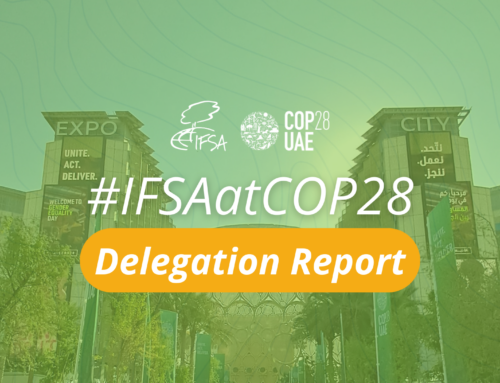By Jen Dawes Cattle farming has been recognised as a major contributor to GHG emissions and key driver of deforestation, yet could there be a solution for this? Today, the National Wildlife Foundation (U.S. NGO) gave an interesting talk about cattle ranching in Brazil, with particular focus on the significant deforestation caused by farming practices. As context, Brazil is the largest beef exporter in the world with 210 million cattle in the national herd – 60 million of which are located in the Amazon biome. The expansion of cattle ranching has been a key driver of deforestation, resulting in a 24% increase in deforestation last year alone in Brazil. For those cattle located on recently deforested land, they have a GHG footprint 25 times higher than cattle on established pasture. Not only is this destroying forests, but leads to reduced precipitation, increased land temperatures, a longer dry season, and reduced pasture productivity. The Foundation’s research has found that with sustainable intensification (defined as an optimisation of production while considering and enhancing the environment), these impacts can be reduced. This can include grazing rotation, improved and more frequent grass planting, and fixing soils to unlock more nutrients. While not an exhaustive list of improved production methods, they all contribute to a reduced need for chopping down trees. On the whole, sustainable intensification of cattle ranching has a number of benefits, including:
- increased productivity and profitability
- shorter calving cycles
- reduced loss of soil carbon
- more resilient ranches
- increased demand for labour, extension services, fencing, water, pumps etc.
- improved livelihoods





